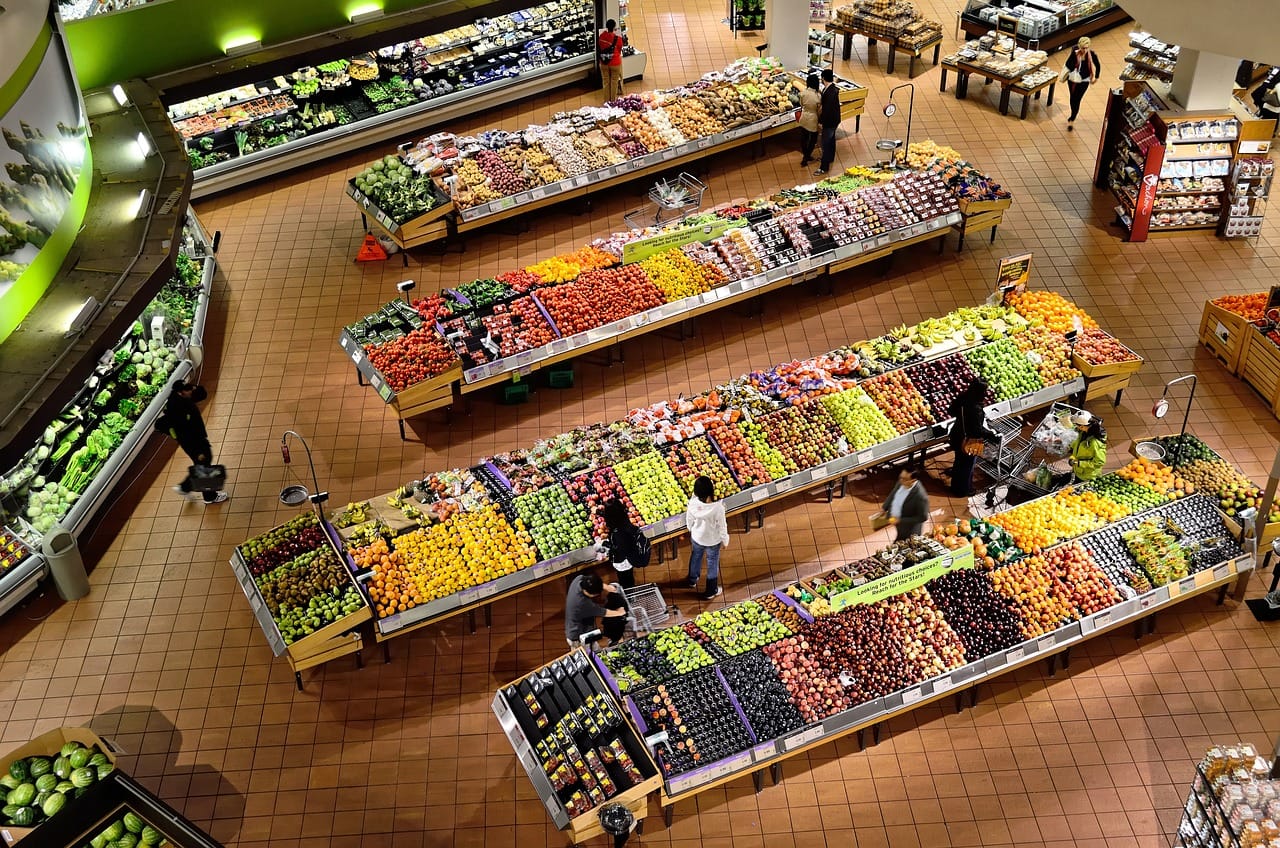FOR HALAL FOOD
Halal food plays a significant role in the lives of Muslims and has gained recognition and popularity worldwide. The term "Halal" refers to food and beverages that are permissible according to Islamic dietary laws. The process of making food Halal involves several key factors, including sourcing ingredients from Halal-certified suppliers, ensuring proper handling and preparation methods, and following specific guidelines for slaughtering animals. Businesses that obtain a Halal certification ensure that the entire supply chain, from farm to table, adheres to these principles, providing consumers with confidence in the authenticity and compliance of the food they consume.




24%
of the World’s Population are Muslims
57
Muslim Countries
1.9
Billion Muslim Consumers
2x
Double the Normal Growth Rate
2.76
Billion Muslim Consumers by the year 2050




